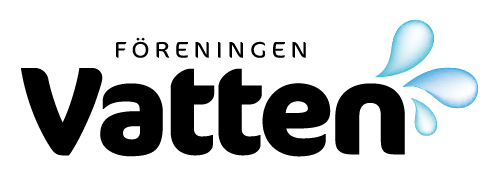Styrmedel i vattenpolitiken – Vad säger ekonomisk teori och empiri? / Water pollution policies: What do we learn from economic theory and empirical evidence?
The EU Water directive requires cost effective achievement of predefined water quality targets at the drainage basin scales. It has been known among environmental economists for decades that this can be obtained only if each source is regulated according to its marginal cost and impact on recipients. The review presented in this paper indicates that such individual based regulation can imply high monitoring and information costs, so called transaction costs. Uniform policies, where the emission sources face the same emission charge or regulatory requirement, may therefore result in lower total cost for society although they do not give cost effective solutions. However, empirical studies of policies for Swedish water quality targets show that efficiency losses of uniform economic instruments can be significantly lower than for uniform command and control systems.
